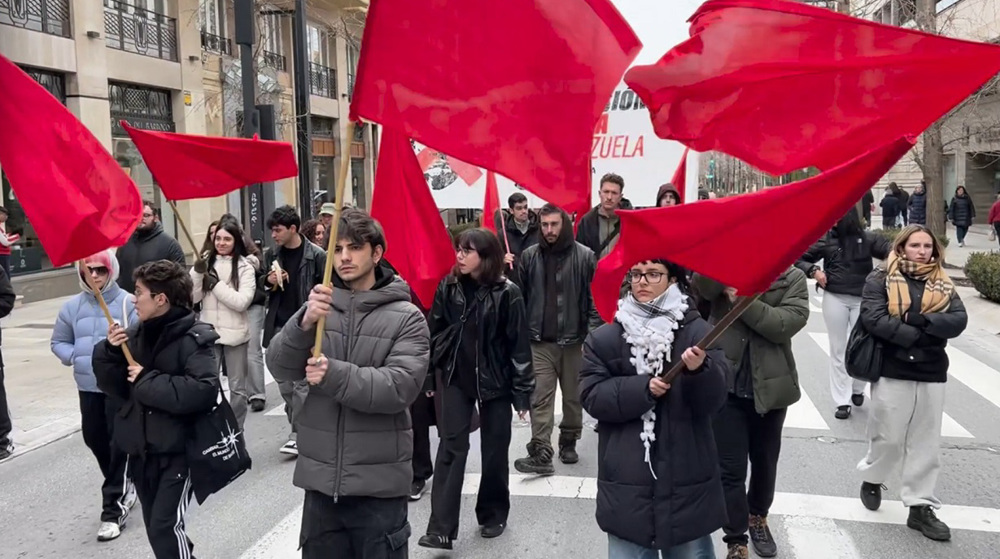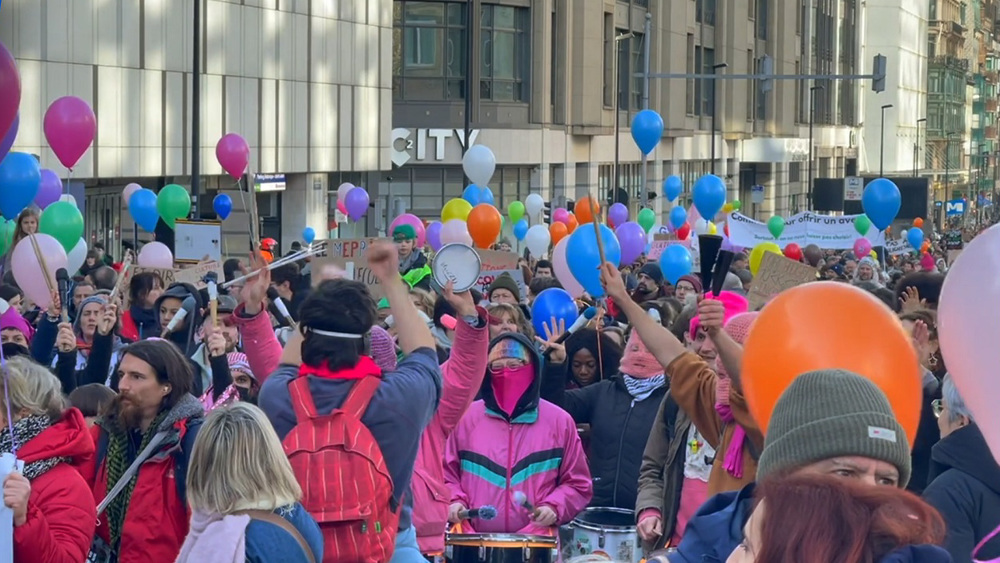EU finance ministers pin all hope on COVID-19 vaccines
Jerome Hughes
Press TV, Brussels
Thousands of businesses across the EU have closed their doors permanently due to the impact of COVID-19.
In some of the bloc's countries, Cafes, restaurants and hairdressers, like here in Belgium, remain in lockdown. Hundreds-of-thousands of young people who have precarious employment contracts are losing their jobs.
Eurozone finance ministers, known as the Eurogroup, have just concluded their final meeting of 2020. They are pinning all their hopes on effective vaccines. Never before has there been so much economic uncertainty in the EU. Faltering trade negotiations between the EU and UK are compounding the problem.
Even those who have kept their jobs are feeling the pinch. So called in-work poverty is increasing in the EU. The European Trade Union Confederation says a quarter of EU member states are providing little or no support for those who are self-employed.
This is a particular problem in Bulgaria, Croatia, Cyprus, Germany, Hungary, Italy and Spain. Despite COVID-19 and Brexit, eurozone finance ministers are expressing optimism. Business groups, though, are forecasting long-term economic challenges for the EU.
That is because of structural problems, most experts agree. For example, there is still criticism that education systems do not meet the needs of employers.
Trump administration moved to cut funding for ICE body cameras
VIDEO | Qeshm: Iran’s biggest island boasts 1st UNESCO geopark in region
VIDEO | People in Spain’s Granada mobilize against Gaza genocide, US imperialism
VIDEO | Thousands protest in Brussels over austerity measures
Kata’ib Hezbollah asks fighters to prepare for 'war' in support of Iran
Israeli warplanes conduct new aggressions across southern Lebanon
VIDEO | Possible US-Israeli aggression on Iran
VIDEO | US deadly protest crackdown









 This makes it easy to access the Press TV website
This makes it easy to access the Press TV website